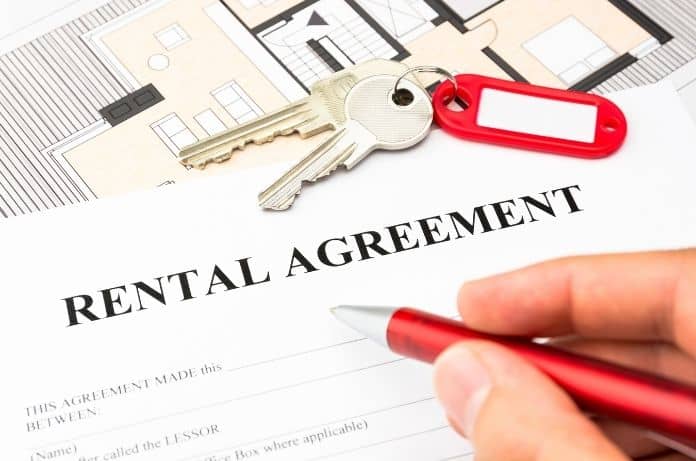Everyone deserves a safe and comfortable home to live in, even when renting. While signing a rental agreement can ensure you’re getting the most out of your rental home, you should analyze what you’re signing before anything else. However, because you may not be sure what you should keep an eye on, here are the top three things to look for in a rental agreement.
Provided Amenities
While not every rental home will come with an in-house washer and dryer, dishwasher, and microwave, you should always know what amenities you’re receiving. There may be pictures and videos of what’s in the apartment, but the amenities you’ll receive should be in the written agreement.
This ensures that if any of the amenities provided don’t function, the landlord or property management company must provide you with safe and working appliances. It may be disputable how the amenity came to malfunction. But if it’s not your fault, you can point to the signed rental agreement to ensure you get what you paid for. All emergency and routine maintenance policies should be in the contract.
Rent and Late Fee Policies
Rent and its potential increase over time should be in your agreement. It’s in your best interest to know how much rent may increase in the future, the set cap, and how much notice your landlord will give you beforehand.
Additionally, life happens, and even the most responsible people occasionally need grace periods. The rental agreement should also mention whether the owner allows for a grace period. It should also touch on how strict their policies are on late rent and whether they charge any kind of late fee.
Privacy and Eviction Policies
In some states, it’s legal for a landlord to enter your apartment without notice. You should know your state’s policy and what the rental contract says. The contract should answer this as well as whether they’ll give you notice before entering. It should also stipulate if there are any cameras in the halls, whether there are noise curfews, and exactly how many people have a copy of your house key.
Equally as important are the landlord’s eviction policies. While some states, counties, or cities can stipulate the criteria for eviction, they can also depend on the landlord. The landlord may have stricter or looser rules than the state, and you should be aware of exactly what they are before signing. The rental agreement should always state the length of time between the eviction notice and vacancy day.
Note: Never sign an agreement that doesn’t have clear, precise, and well-stated eviction policies. There’s no room for vagueness when it comes to having a roof over your head.
Ultimately, whether the landlord abides by local, state, or federal policies, the rental agreement should go over all these things to ensure absolutely transparent communication. So while these are the top three things to look for in a rental agreement, you should always check your local and state ordinances before signing a rental agreement.






